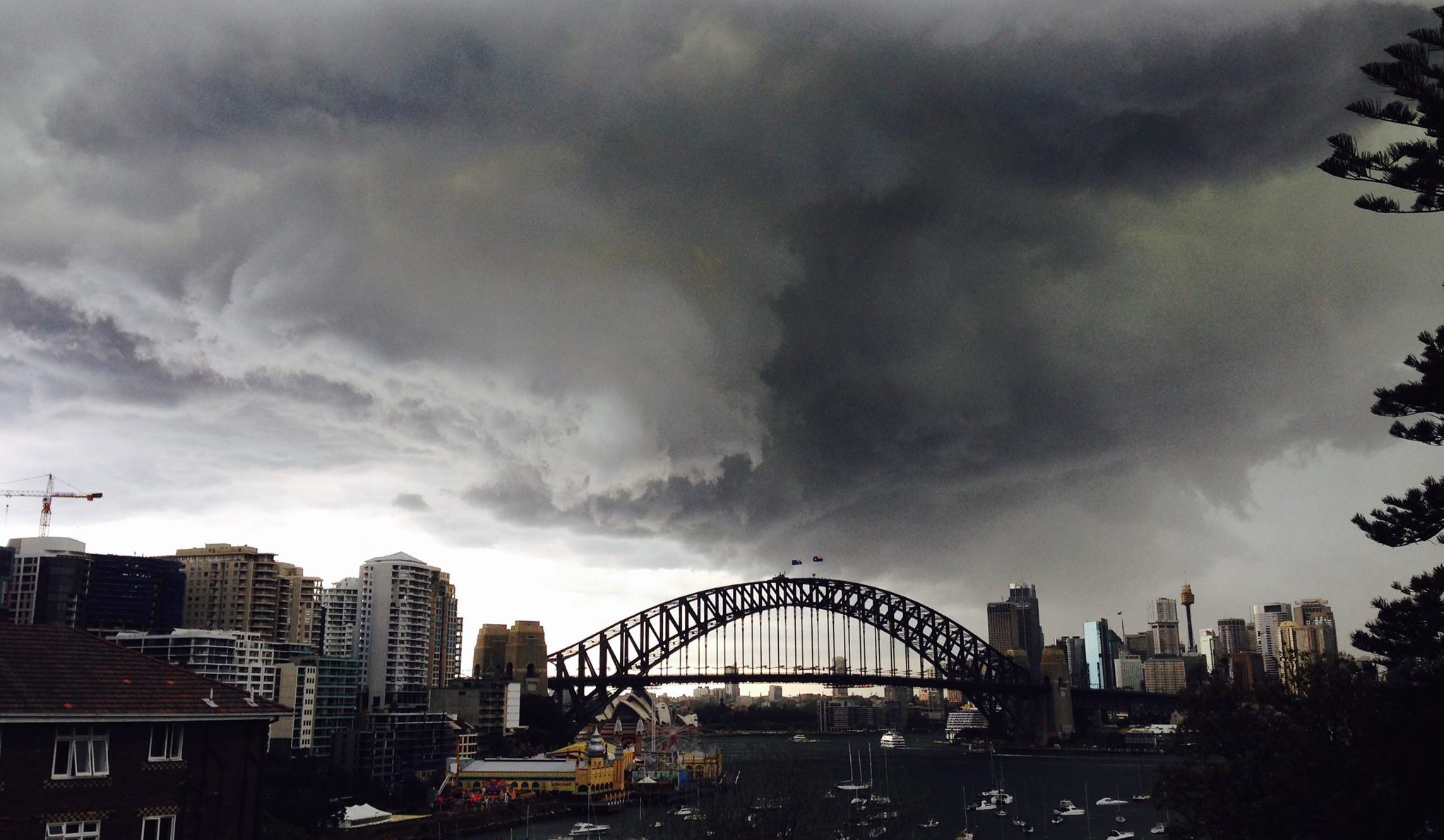Sydney on track to exceed last year's rainfall in half the time
Sydney is having its wettest start to a year in 19 years, putting the city on track to exceed its entire 2019 annual total by the middle of 2020.
Sydney has received more than 70mm of rain during the last five days as frequent, and at times heavy, showers soaked the city. This was more than half a month's worth of rain for this time of year and included 47mm during the 24 hours to 9am on Tuesday, which was Sydney's highest daily total during May for nine years.

The recent burst of wet weather has brought Sydney's running annual total up to 807.6mm as of 9am on Tuesday. This is the earliest date to exceed 800mm since 2001.
Sydney's running annual total of 807.6mm also puts the city within striking distance of last year's annual total of 851.8mm. And as the last 24 hours shows, this difference can be made up during one or two days of heavy rain at this time of year.
So, when is Sydney likely to eclipse last year's annual total?
The city will see a few more showers today and again on Friday, although less than 10mm is expected to fall between now and the end of the month. This won't be enough to reach last year's figure.
Looking ahead, June is typically Sydney's wettest month of the year based on long-term average rainfall, with the city usually receiving about 133mm of rain during the month. However, falls can vary a lot from year-to-year and have been as low as 4.1mm in 1962 and as high as 642.7mm in 1950.
June is also historically the peak month for East Coast Lows. These powerful low pressure systems can cause prolonged periods of heavy rain along the NSW coast. But if they don't occur, June can be a benign month in terms of rainfall.
Seasonal forecast models suggest that Sydney is likely to see near-to-above average rainfall during June this year. With the city only needing another 44.3mm to beat last year's annual total, this feat is almost guaranteed to occur before the end of June.
It looks like Sydney will achieve what took 12 months last year in less than six months this year.